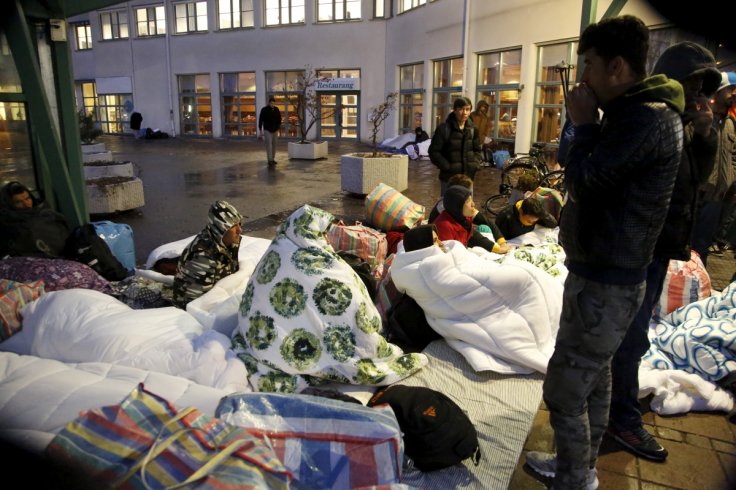
Sweden is planning to expel as many as 80,000 failed asylum seekers from the country, local media reported quoting the interior minister.
"We are talking about 60,000 people but the number could climb to 80,000," minister Anders Ygeman has reportedly said.
Sweden last year processed approximately 58,800 cases but only 55 percent were accepted, with the rest deemed as failed asylum seekers.
The minister said charter aircraft would be used to deport the refugees, BBC reported. The deportation will take place over several years.
Sweden grappled with a high influx of refugees from the Middle East in 2015, with as many as 163,000 migrants seeking asylum in the country. This is the highest per capita number for a European country.
Rising crime
Earlier this week, a teenaged asylum seeker living in a refugee camp stabbed to death a 22-year-old woman camp worker.
The incident happened at a refugee home near Mölndal town center in the Gothenberg region of western Sweden. At least 50 asylum seekers, mostly from Syria and Afghanistan, come into the town every day, reports have said.
The killer's country of origin is known to police but it has not been disclosed.
According to Sweden's Migration Agency, the number of violent incident involving asylum seekers doubled in 2015. While there were 148 incidents involving migrant arrivals in 2014, the number increased to 322 in 2015, the agency said.
At the same time, incidents of refugee centers being burnt down have also increased over the last year, with the country witnessing a record number of refugee arrivals.
More than a million migrant arrived in Europe in the last year, most through illegal routes.
Early in January, the Scandinavian country put in place strict checks at its border with Denmark to cut refugee flows.
"The government now considers that the current situation, with a large number of people entering the country in a relatively short time, poses a serious threat to public order and national security," a government statement said.









